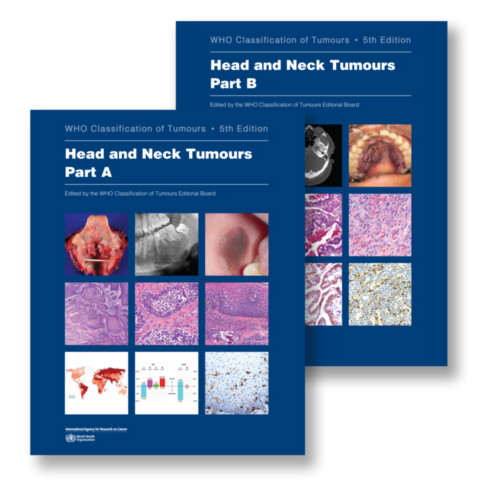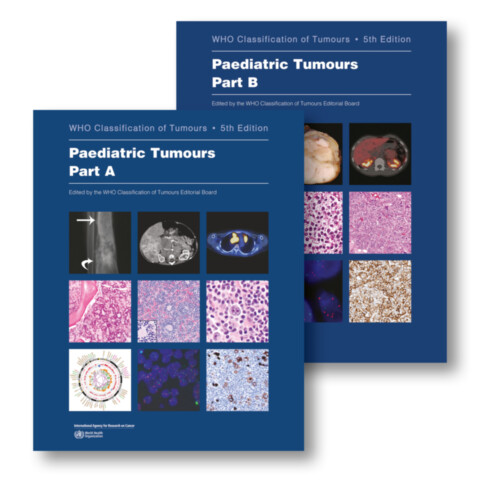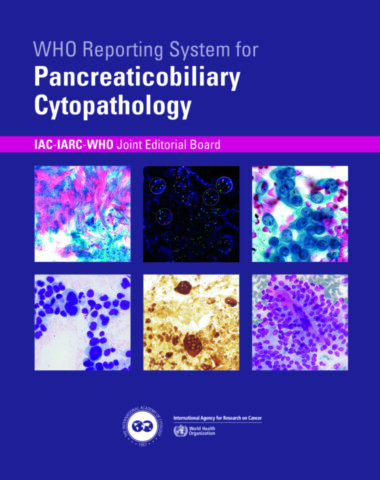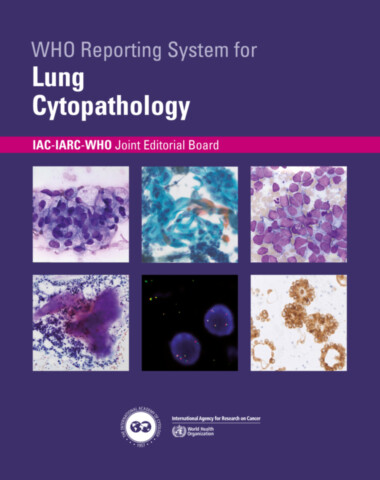World Health Organization
WHO is a Specialized Agency of the United Nations, charged to act as the world's directing and coordinating authority on questions of human health. It is responsible for providing leadership on global health matters, shaping the health research agenda, setting norms and standards, articulating evidence-based policy options, providing technical support to countries and monitoring and assessing health trends.
- African Studies
- Agriculture
- Animal & Veterinary Science
- Anthropology & Sociology
- Asian Studies
- Built Environment & Urban Studies
- Business & Economics
- Education K-12
- Energy
- Environment & Conservation
- Health & Medicine
- International Development
- Marine & Freshwater Science
- Politics & International Studies
- Public Health
Featured Reviews
Health Employment and Economic Growth
An Evidence Base
"An essential read that rightfully places investments in health workforce at the heart of the SDG agenda."
Richard Horton, Editor-in-Chief, The Lancet
"To achieve the Every Woman Every Child vision and the Global Strategy for Women's Children's and Adolescents' Health, we need innovative, evidence-based approaches to antenatal care. I welcome these guidelines, which aim to put women at the centre of care, enhancing their experience of pregnancy and ensuring that babies have the best possible start in life."
Ban Ki-moon, UN Secretary-General
Health in the Green Economy
Health Co-benefits of Climate Change Mitigation - Transport Sector
"This report makes an important contribution to the transport, planning, health and climate change literature by sign-posting the need to assess co-benefits and co-costs of transport and land use planning interventions. With reference to the IPPC work, many of the implications of a technology-linked transport sector emissions mitigation agenda for public health – considered very broadly – were identified."
Ryan Falconer, Agitator for better transport outcomes
Pocket Book of Hospital Care for Children Edition 2
Guidelines for the Management of Common Illnesses with Limited Resources
"Pocket Book of Hospital Care for Children: Guidelines for the Management of Common Illnesses with Limited Resources provides a second edition of a classic covering common illnesses, packages it in a pocket-sized tote for easy take-along consultation, and provides the latest clinical guidelines based on a review of evidence for both inpatient and outpatient care. Guidelines for hospitals with basic labs and medicines focus on managing major causes of child mortality in most developing countries, covering common procedures, diagnosis, patient monitoring, and common surgeries. Anyone working with children in a hospital setting needs this updated reference!"
James A. Cox, Editor-in-Dhief














